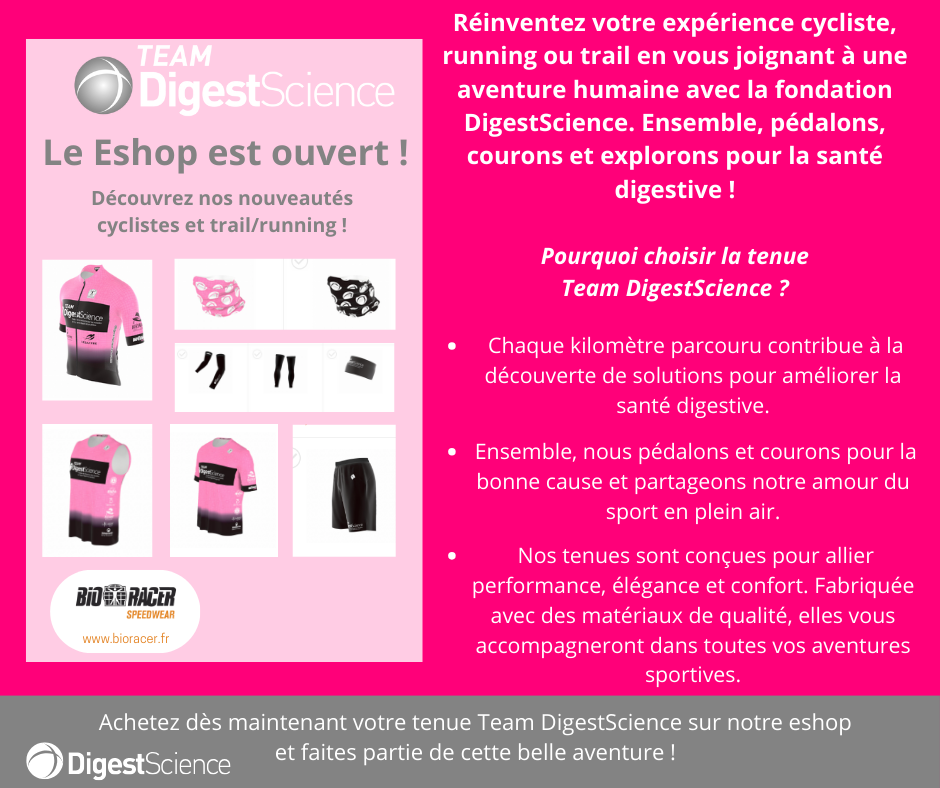Given the benefit of physical endurance tests in terms of health, prevention and sometimes even treatment of certain patients, it is tempting to be able to identify active oral substances liable to replace or potentialize the benefits of exercise.
A study carried out by American researchers led to the identification of two key elements in this mechanism: PPAR-d and AMPK that, when activated, can partially reproduce such positive effects.
PPAR, or the peroxisome-proliferator-activated receptor, is located in the nucleus of the cell and regulates expression of a number of genes.
AMPK, or AMP-activated protein kinase, plays a key role in regulation of the cell's energy metabolism, among other properties.
Ingestion of molecules known for their capacity to stimulate these mechanisms, coupled with physical exercise, increased the endurance of adult rabbits tested on a moving carpet. Likewise, sedentary mice improved their performance !
The authors demonstrated that oral administration of the drug activated the AMPK/PPAR- pathway, leading to a profound change in the muscle (via modification of gene expression). The muscle became an "enduring" muscle. The increase in endurance was spectacular and occurred even without any physical exercise !
The therapeutic applications are immense. Let's hope that the desire to win at all costs will not lead to misuse of this molecule.
References :
Cell
AMPK and PPAR- δ Agonists Are Exercise Mimetics
Vihang A. Narkar, Michael Downes, Ruth T. Yu, Emi Embler, Yong-Xu Wang, Ester Banayo, Maria M. Mihaylova, Michael C. Nelson, Yuhua Zou, Henry Juguilon, Heonjoong Kang, Reuben J. Shaw and Ronald M. Evans


